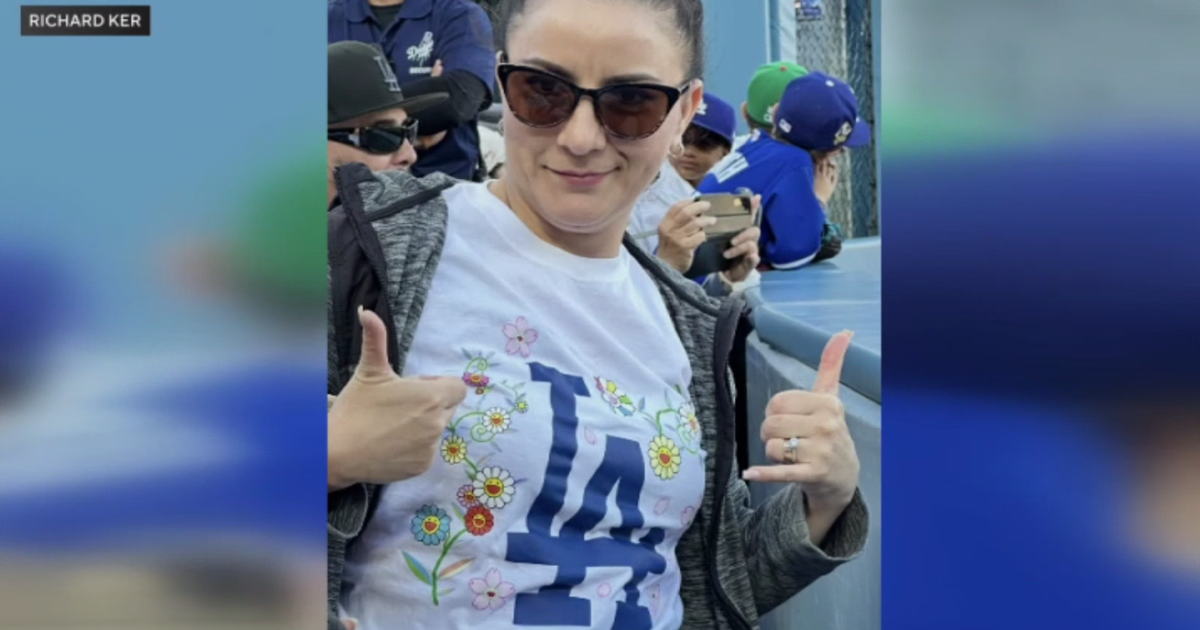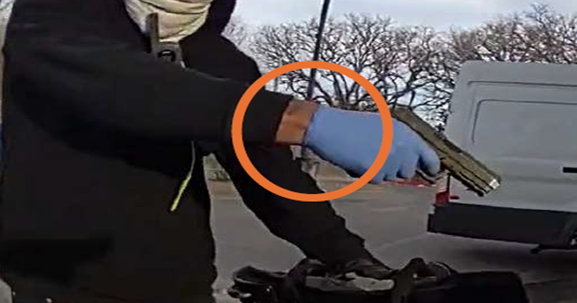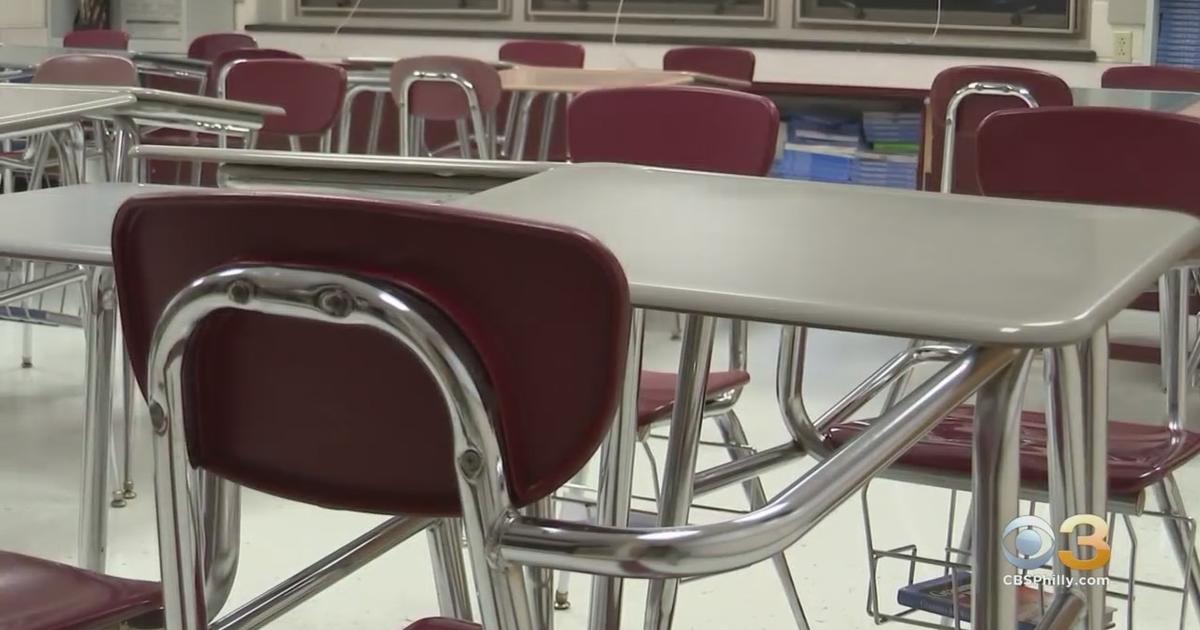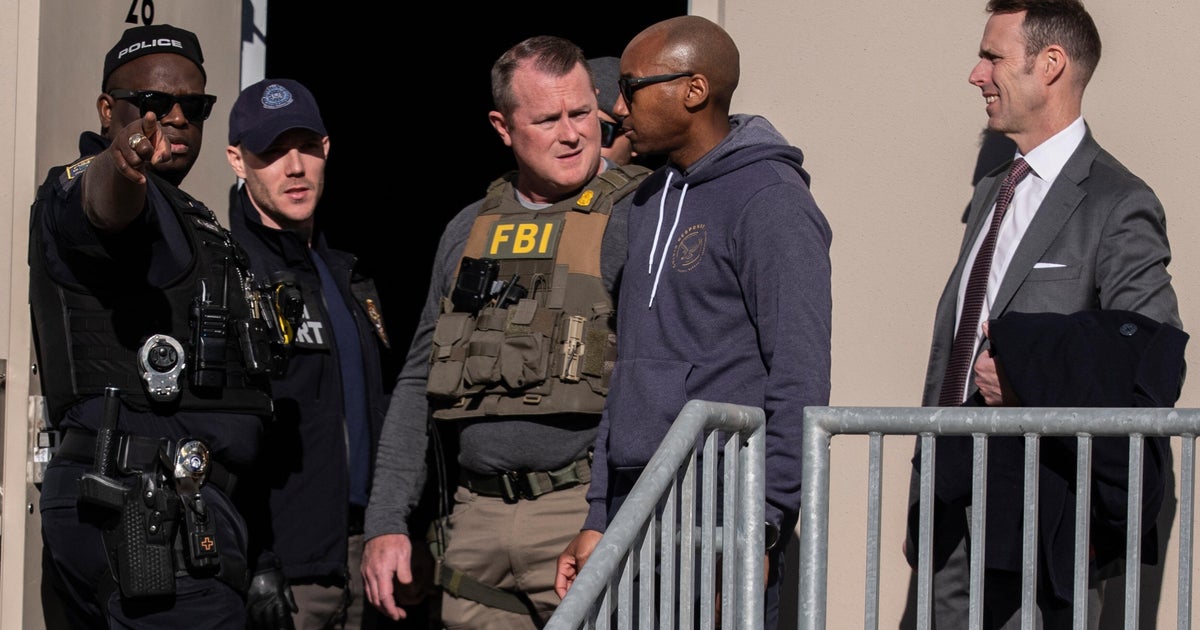NYPD's Bratton And Miller In New York Times: Apple Encryption Policy Impedes Investigations, Safety
NEW YORK (CBSNewYork) -- Police Commissioner Bill Bratton and Deputy Commissioner of Intelligence and Counter-terrorism John Miller penned a New York Times op-ed Monday calling on Apple to comply with an order to disable a security feature in the San Bernardino gunman's iPhone.
They also argued that privacy fears around iPhone security features were outweighed by the need to solve crimes and keep the public safe.
On Tuesday of last week, a federal court ordered Apple to disable a feature on San Bernardino shooter Syed Farook's phone that automatically erases all data if an incorrect passcode is entered 10 times.
Apple said it is ready to challenge the ruling all the way to the U.S. Supreme Court. But Bratton and Miller called the Apple stance overblown.
"Apple is making a stand because the government wants it to create something against its will: code that would disable a feature that erases all content after 10 failed password attempts. Tim Cook, Apple's chief executive, has said that if this happens, the floodgates will open to similar law enforcement requests, putting customers' data at risk. And not just in the United States: Apple supporters have raised concerns that other countries, particularly China and Russia, are likely to follow suit," they wrote. "Mr. Cook's position is hyperbolic, in our view."
But there is a further ethical issue, Bratton and Miller wrote. Until 17 months ago, Apple was able to override protections on iPhones and used its "master key" to comply with court orders in criminal cases, they wrote.
Bratton and Miller wrote that there was never any indication that the code made its way to hackers or government spies, and yet, Apple announced in September 2014 that it would not perform iOS data extractions for search warrants beginning with iOS 8.
They wrote that some people believe it was Edward Snowden's allegations of mass-surveillance on phone and Internet communications by the National Security Agency that "stoked fears" among Apple customers, but they argued that Snowden was only ever talking about the NSA spying on Internet traffic from overseas and wrote that he never alleged the government hacked into smartphones.
Bratton and Miller further wrote that Apple could always refuse requests by an authoritarian government such as that of China to provide access to dissidents' phones.
They also dismissed the claim that allowing iPhone data access in criminal cases would "create a back door" for the government to get into everyday people's devices.
"(T)he Constitution protects people from unreasonable search and seizure. And for more than 200 years, the standard has been for law enforcement to obtain a warrant signed by a judge, based on probable cause," they wrote.
The issue at hand, Bratton and Miller wrote, is not a case involving innocent people or even hackers, but of a now-dead terrorist who perpetrated an attack that took 14 lives. And in the San Bernardino case, they argued, Apple is impeding an investigation that could make the future safer.
"The phone in the San Bernardino case stopped uploading data to the cloud about six weeks before the killings. That suggests there may be information inside the device that was deliberately concealed. That could include the identities of terrorists who influenced or directed the attack; such information, if pursued, could prevent future plots," they wrote. "Or the iPhone might contain nothing of value. It is Apple's position that we should never know."
Bratton and Miller noted that San Bernardino is not the only case where the new Apple policy has interfered with a serious criminal investigation. They pointed to the case of Brittany Mills, 29 – who was eight months pregnant when she was slain in Baton Rouge, Louisiana.
"Apple says it can't comply with a search warrant and open her iPhone even though the police believe the identity of the killer is contained in her device," Bratton and Miller wrote.
Further, they wrote, Google – which owns the Android system – says it will follow Apple's lead.
"For those companies, and others like them, there is a sound argument in not wanting, even indirectly, to become an arm of the government," Bratton and Miller wrote. "But when you are the two companies whose operating systems handle more than 90 percent of mobile communications worldwide, you should be accountable for more than just sales."
If Apple disables the feature, the FBI plans to use computers to break Farook's passcode without running the risk of data loss. Agents hope the phone will help them figure out why Farook and his wife picked their target and if they had any help.







